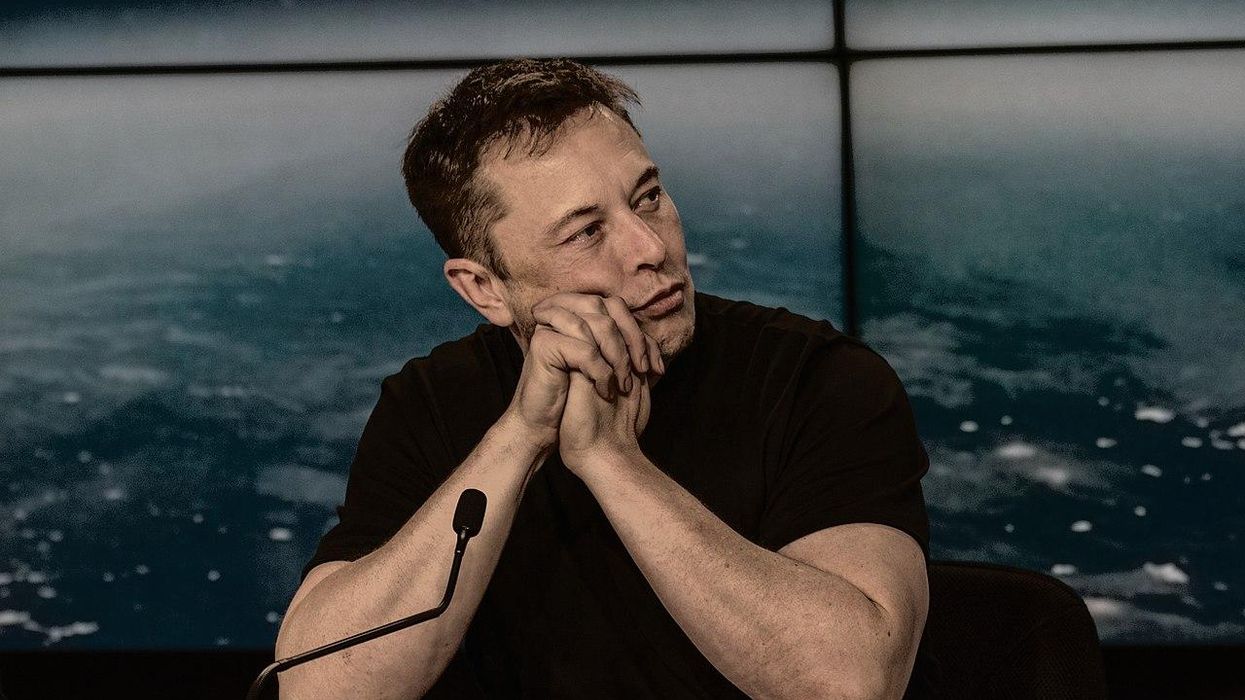Tomorrow's big election


Tomorrow, Tesla shareholders vote on whether to give Elon Musk a bonus worth about $50 billion. That’s roughly what Congress appropriated for Ukraine earlier this year after months of legislative and political negotiation.
The Delaware Chancery court has found that the bonus is excessive and wasn’t the product of negotiation between Tesla and Musk.
Several leading companies that advise shareholders on how to vote, including ISS and Glass Lewis, have recommended that shareholders reject it.
Several large institutional investors have already signaled a negative vote, including the giant California Teachers Retirement Fund.
Norway’s sovereign wealth fund — the eighth-largest Tesla shareholder — has said it will also vote against Musk’s bonus. (Nicolai Tangen, the fund’s chief executive, told the Financial Times, “We are seeing corporate greed reaching a level that we haven’t seen before and it’s really becoming very costly for shareholders in terms of dilution.”)
Yet Musk is extorting Tesla shareholders for the bonus, warning that if they don’t vote in favor of it, he’ll redirect his energies to some of the other companies he owns: X, his artificial intelligence startup xAI, The Boring Company, or SpaceX.
While Tesla is actively working on AI and robotics products, Musk is developing AI products at his other companies, too. He’s reportedly planning a supercomputer gigafactory for xAI in Memphis, and his social networking company, X, also has a ChatGPT rival called Grok.
Last week, Musk ordered Nvidia to redirect AI chips that Tesla had ordered to two of his other companies, X and xAI.
Tesla board chair Robyn Denholm made Musk’s extortion explicit in a letter to shareholders, warning that Musk might take his work “other places” if he doesn't receive his bonus:
“What we recognized in 2018 and continue to recognize today is that one thing Elon most certainly does not have is unlimited time. Nor does he face any shortage of ideas and other places he can make an incredible difference in the world. We want those ideas, that energy and that time to be at Tesla, for the benefit of you, our owners.”
Musk is also demanding more control over Tesla in order to continue pursuing AI and robotics products there.
He said in a post on X in January that he was “uncomfortable” expanding Tesla’s AI and robotics development without 25% voting control (he currently has about 13% control, according to company filings).
Unless given more control, Musk said he’d prefer to build AI and robotics products “outside of Tesla.”
So today’s Office Hours question is: Can Musk legally take his ideas and energies to another of his corporations unless shareholders grant him a giant pay package and more control? Or does he have a fiduciary obligation to Tesla shareholders who invested on the assumption that he’d focus his ideas and energies there?
Robert Reich is a professor at Berkeley and was secretary of labor under Bill Clinton. You can find his writing at https://robertreich.substack.com/.